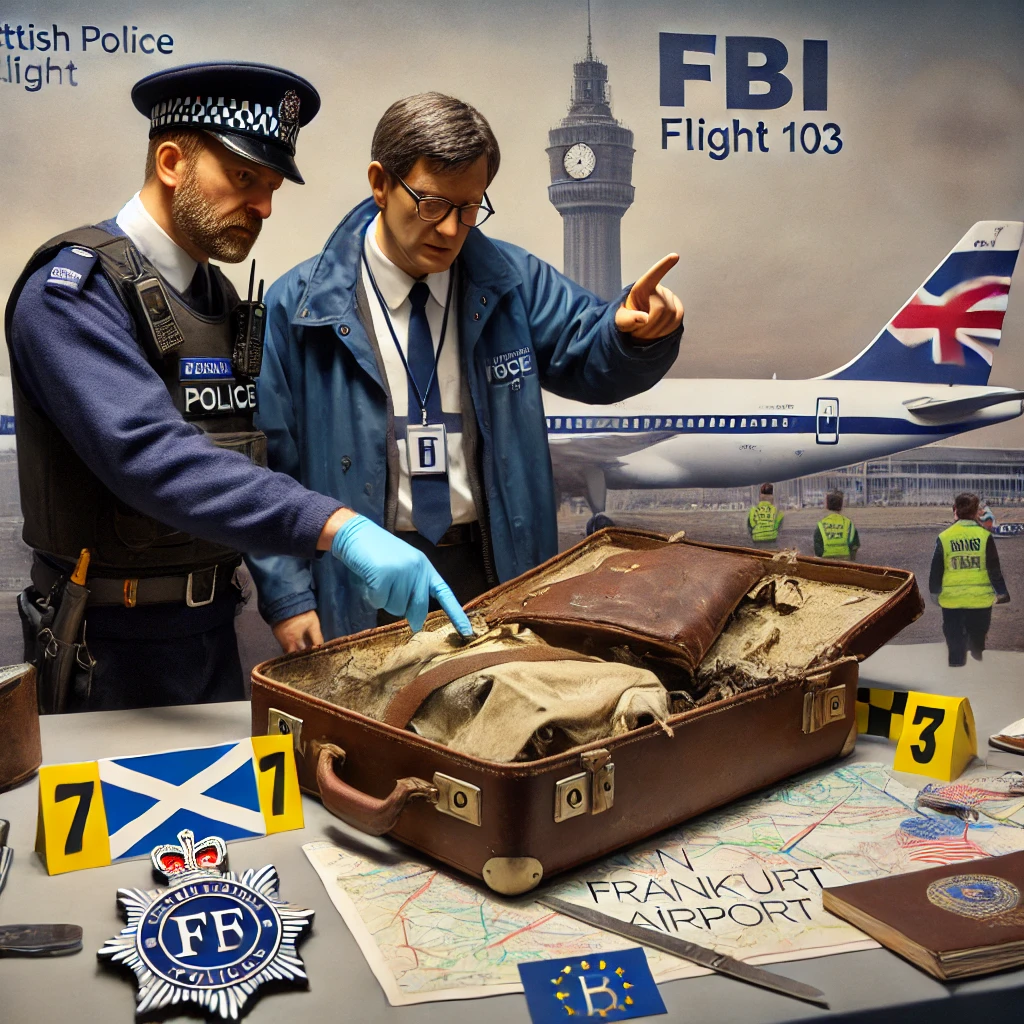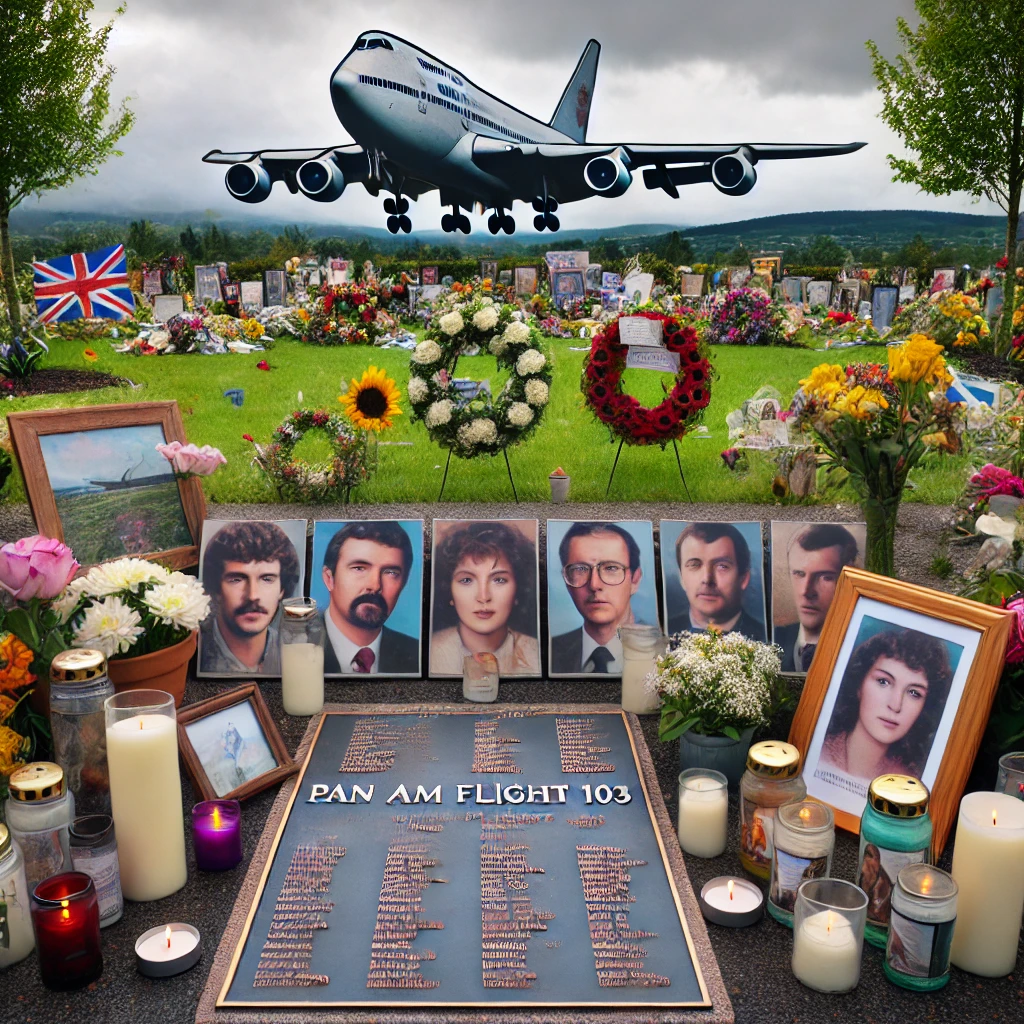A tragic event unfolded on December 21, 1988, when Pan Am Flight 103 exploded over Lockerbie, Scotland, resulting in the loss of 270 lives. The bombing remains one of the deadliest acts of terrorism in aviation history. This harrowing incident has had a lasting impact on global aviation security, international relations, and the collective memory of terrorism’s devastating toll.

The Events of December 21, 1988
Pan Am Flight 103, en route from London Heathrow to New York’s JFK International Airport, was a routine transatlantic flight carrying passengers from all over the world. At 31,000 feet, over the small Scottish town of Lockerbie, a bomb concealed in a radio cassette player detonated in the cargo hold. The resulting explosion caused the aircraft to disintegrate mid-air, scattering debris and wreaking havoc on the ground below.
The tragedy claimed the lives of all 259 passengers and crew onboard, along with 11 residents of Lockerbie. The human toll was staggering, with victims hailing from 21 different countries. Among them were 35 students from Syracuse University, who had been studying abroad. The devastation in Lockerbie left an indelible mark on the small town, where wreckage and loss transformed the lives of its residents forever.
The Investigation and Pursuit of Justice

In the aftermath of the bombing, an exhaustive international investigation was launched. Led by the Scottish police and the FBI, investigators traced the source of the explosive device to a suitcase loaded at Frankfurt Airport. The trail eventually led to two Libyan nationals, Abdelbaset al-Megrahi and Lamin Khalifah Fhimah, who were accused of orchestrating the attack. Libya’s alleged sponsorship of the bombing sparked years of diplomatic tensions between the country and Western powers.
After protracted negotiations, al-Megrahi was tried and convicted in 2001 by a special Scottish court convened in the Netherlands. The conviction marked a significant milestone in international criminal justice, though it did not quell controversies surrounding Libya’s involvement, the evidence presented, and the broader geopolitical implications.
Lasting Impacts on Aviation Security and International Relations
The Lockerbie bombing profoundly altered the landscape of global aviation security. Governments and airlines implemented stricter screening protocols, including heightened scrutiny of checked baggage and passenger manifests. The event underscored the vulnerabilities of civil aviation, prompting sweeping reforms to prevent similar tragedies.
Diplomatically, the bombing became a focal point in relations between Western nations and Libya. The United Nations imposed economic sanctions on Libya in the 1990s, pressuring the regime of Muammar Gaddafi to cooperate with investigations and hand over suspects. These measures, coupled with international isolation, eventually led Libya to accept responsibility for the bombing in 2003, pay compensation to victims’ families, and renounce terrorism.
The Legacy of Lockerbie

More than three decades later, the Lockerbie bombing remains a somber reminder of the human cost of terrorism. Memorials in Lockerbie, Syracuse, and elsewhere honor the victims and their families, ensuring that their stories are not forgotten. The event continues to inspire efforts to combat terrorism, enhance international cooperation, and support victims of such atrocities.
For the residents of Lockerbie, the tragedy is an enduring part of their community’s history. While the town has rebuilt, its connection to the bombing is a poignant thread in its identity. For the world, the lessons learned from Pan Am Flight 103’s demise serve as a call to vigilance, resilience, and the pursuit of justice in the face of unimaginable loss.
